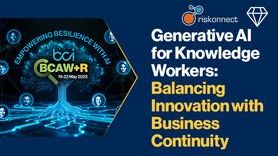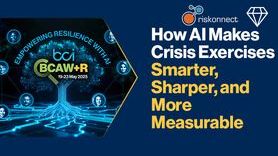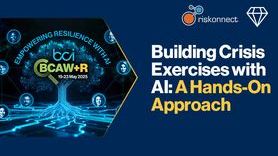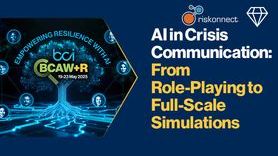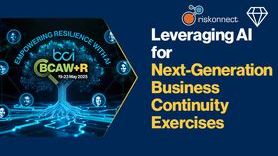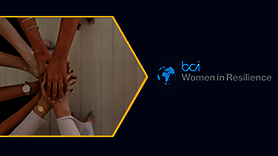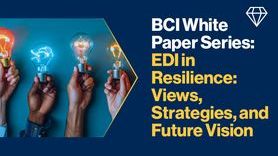Dreading going back to the office? You are not alone
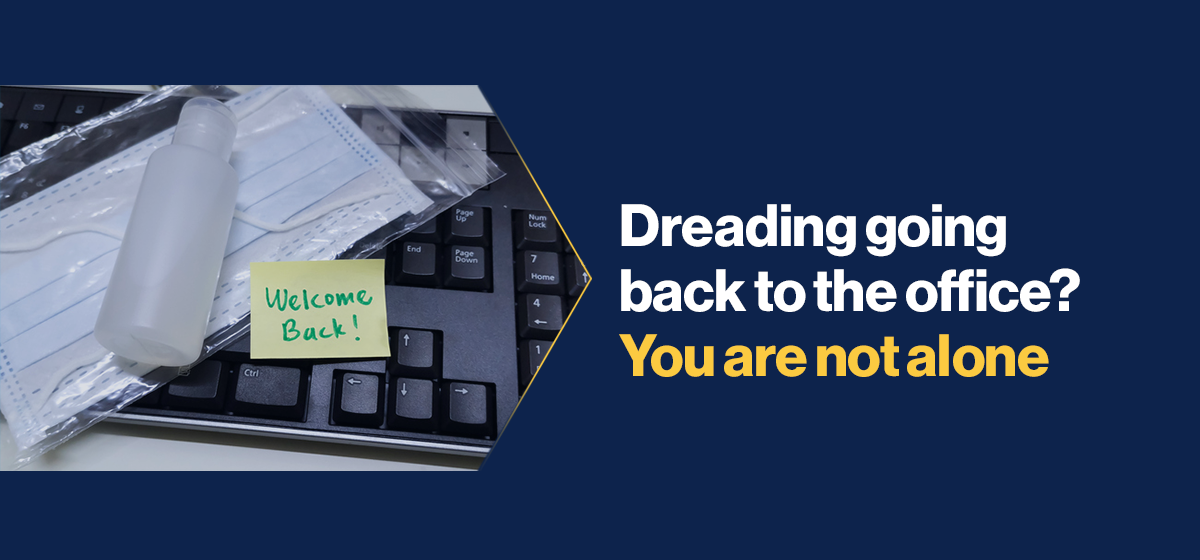
By any standards it was an abrupt change. One minute we are all working in our offices and then just over a year ago the big switcheroo happened, and we were ordered back to our homes. There was something of an easing of lockdown restrictions last summer but for most of us we have been hunkered down at home for a year.
With Covid we were told we were all in it together, but that is hardly true. If you are lucky enough to have a house and garden and share the accommodation with those you like or love, then you are indeed fortunate. If you are alone at the top of a flat block without access to a garden or are caught in an abusive relationship, then your experience of the last twelve months will be very different.
Emergency services have noted a serious rise in domestic abuse and depression with many indulging in excess drinking and drug taking to ease the pain, which of course on most occasions it doesn’t.
The young have suffered the most
Nature magazine reported it was often the young that suffered the most. Young women were found to be more vulnerable than young men with young mothers particularly at risk together with those with previously diagnosed mental health conditions.
Now with the vaccine rollout in the UK in full swing and lockdown starting to ease, back-to-the office anxiety is starting to make its presence felt. This takes many forms and at its mildest is the understandable dread of the morning commute when all we’ve had to do recently is stagger to the computer for an endless round of Zoom calls. But a fear of being back in an office surrounded by colleagues goes deeper than that.
In an Envoy survey published in March of this year 66% of those polled expressed concerns about their health and safety should they return to their workplace. These concerns were pronounced among people under the age of 25 (75%).
Strange that younger people who are least likely to be at risk from Covid should be fearful of getting back into the social whirl. For the young it’s been a difficult time. Some have started jobs with many never having met their co-workers. Perhaps it’s the first in-person meeting with the boss that’s causing the anxiety.
Change makes us fearful
Home or remote working has become the new normal, part of our comfort zone, and any form of change can make us fearful. There is a general sense that we are unlikely to return to working at offices full time. Hybrid working is being promoted with the idea that staff will only return to the office on set days during the week.
In the Envoy survey 41% of respondents said they would be willing to take a lower salary if their company offered a hybrid work model and 47% said they would likely leave their job if this wasn’t on offer once the pandemic ends.
The changes to our work life that we’ve seen over the last year are unlikely to disappear quickly, if ever. This is the social form of long Covid that will have repercussions to the way we live and work for many years to come.
Comfort, stretch and panic zones
Trauma psychotherapist, Dr Liz Royle, identifies various reasons why people are shy of going back to the office. She says: “For more than a year we’ve been indoctrinated about danger and suddenly we are being asked to disregard these warning messages.” She sees this as too much of a jump for many, particularly those who have been shielding.
According to Dr Royle we occupy one of three zones: Our comfort zone, our stretch zone and our panic zone. In our comfort zone we tend to feel safe and secure, we are around people we know and engage in familiar routines. The downside is that by avoiding change and stress we start to lose confidence. When we enter the next stage, the stretch zone, there is a sense of losing some of that control as we try to build self-confidence outside the home.
She claims: “The longer you spend in a situation forgoing new things your world is contracting. The smaller your comfort zone gets the more fearful you will feel when you step out of it as everything feels less familiar and can seem like a threat”.
The threat of the panic zone is what many fear. Sufferers may feel they have little agency and no influence or control over events.
Building back confidence
There are a series of stages that should help build back confidence. Some will start out being resistant to change and may resent the return to the rat race. There may be concerns about how they will cope if, say, a child falls ill. All problems that were dealt with in the past, but which can now seem overwhelming and may result in denial and anger. There has to be an acknowledgment that change is coming and there is a need to adapt to new circumstances.
Dr Royle says: “Be kind to yourself and be aware of how you are feeling. If you notice you’re not sleeping well, perhaps your heart is racing, or you’re angry or tearful. Take exercise, practise calm breathing, calm your anxiety to help you think more steadily”.
She believes it is important to break down the general anxiety about going back to the office. In effect to look at small individual threats rather than obsessing about the big picture. Is the commute the major concern? Is it the fear of catching Covid at work? Is it the fear of the unknown?
Meeting colleagues before returning to the office can help reduce stress. Employers have a role here with some already making videos which show how a rejigged office now looks and works and what safety measures have been put in place. Good, practical information makes people less anxious and should make returning to the office less stressful.
Short circuit the anxiety
People have suffered during lockdown. Recent media stories as to how we’ve all been making banana bread and indulging in personal growth over the last year don’t ring true for many. Not everyone wants to start socialising and going on holiday right away and not everyone is comfortable about returning to the office.
As lockdown ends people will be seeking ways to short circuit their anxiety. Despite the effectiveness of the various vaccines some will find it hard to hit the reset button and assume a life that we thought normal just over a year ago. What was normal then can seem strange and frightening now.
About the author:
Jim Preen
Jim is crisis management director at YUDU Sentinel (https://www.yudu.com/sentinel) where he provides client specific advice on all aspects of communications and designs and delivers crisis simulation exercises. Formerly he was a journalist working at ABC News (US) where he covered stories including the Gulf War and the Bosnian conflict. He won two Emmys for his work.





























